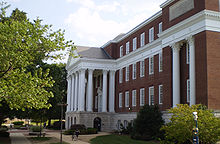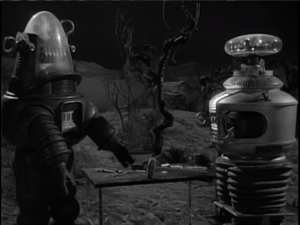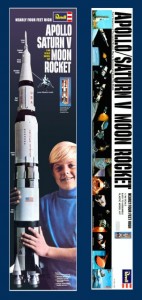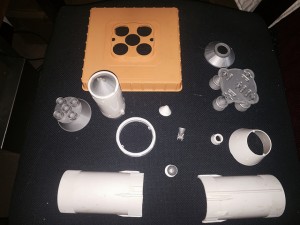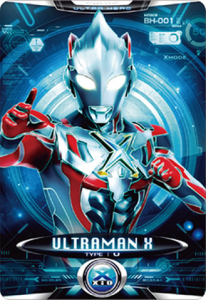I’m not sure how I feel about this. Or this.
Basically, the Orange County School System in Florida has started using a software package to monitor the social media posts of all students and staff. The software, SnapTrends, would harvest posts (presumably after a list of names or user IDs is uploaded into it by the School System) and filter for certain words like “kill, knife, or gun.” If it finds them, school personnel will presumably investigate further to see if a student is a threat or needs mental health services or both.
Indeed, per the article above, they’ve already identified at least one student who was making suicidal threats, and sent officials to investigate. The article tells us this in support of the assertion, “The district said it has already prevented incidents.”
But is the incident loosely described proof of a prevented incident? I’m not saying you should talk to a student who is threatening suicide. I’m not saying you should not take every such threat seriously. I am saying that the threat is not the act, and you cannot claim you have “prevented an incident” simply because you followed up. You took steps to try and prevent a potential incident. You have no proof that your actions changed the course of events.
The rallying cry of proponents is, “Who cares? It’s all public information anyway.” This was certainly the opinion of the Today show staff when they aired the story.
It (the set of all posts by students) is public information, nominally. It’s also “public information” that I drive a certain way to work every day. I can’t disguise the fact that I do, and, legally, I have to display an ID number for my car where everyone can see it. Anyone who knows me knows what car I drive. If I think people can’t track my movements, I’m dreaming. A similar statement is made about people who think their Facebook postings are “private.”
But if you start following me everyday and taking notes on my actions, you’re a stalker.
“Oh, but a police officer is justified in following you and taking notes.”
Um… Maybe. If he or she has reason to consider me a person of interest in an investigation, certainly. But if I’m not? If a cop just feels like following me because he or she wants to know what I get up to? Courts have ruled that a police officer may follow a car 24/7 without establishing probable cause. Similarly, courts have ruled that a police officer may, secretly and without warrant, GPS tag a car parked on a public street.
I still think that’s stalking, but it’s legal. But a cop is a cop and a school administrator is not a cop. There’s also a question of scope. Cops physically couldn’t GPS-tag every resident of a single community, or actually follow them around in a car. The day they try, United State v. Pineda-Moren will go down in flames. Lawmakers tend to suck at thinking about scope.
I think the same is true of mass surveillance of social media. Watching one person based on probable cause is a good safety practice. Watching one person without probably cause is legal, but creepy, and probably won’t stand the test of time as a defensible behavior. Watching everybody? In the words of Thomas Jefferson, “Aw hell no!” (I can’t prove he said it, but, hey, he was a redhead. We know he had a streak of rebellion in him.)
I have no objection to a private investigator, a school administrator or a police officer checking the Facebook posts of a kid who’s made threats to which they’ve been tipped off. That’s probable cause and grounds for investigation. Such tactics have resulted in the unearthing of credible threats. But watching the Facebook accounts of every single kid and teacher in a school?
That’s completely counter to the spirit of the law, which maintains we are all innocent until proven guilty.
“But safety is the most important thing. As long as we’re keeping the children safe, does it really matter if we’re infringing on people’s rights?”
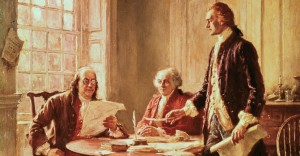
Franklin, John Adams and Jefferson. You note that Adams looks a bit distracted. He was probably thinking ‘Inalienable’s not really a word, is it?’ Painting by Jean Leon Gerome Ferris.
I refer you to the late Mr. Benjamin Franklin on that one. He really said, “Those who would give up essential Liberty, to purchase a little temporary Safety, deserve neither Liberty nor Safety.”
(There are some who claim that Franklin’s quote does not mean what we now say it means. Maybe I’ll tackle that in a future blog…)

